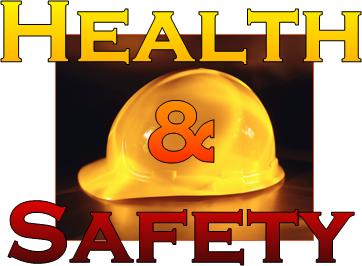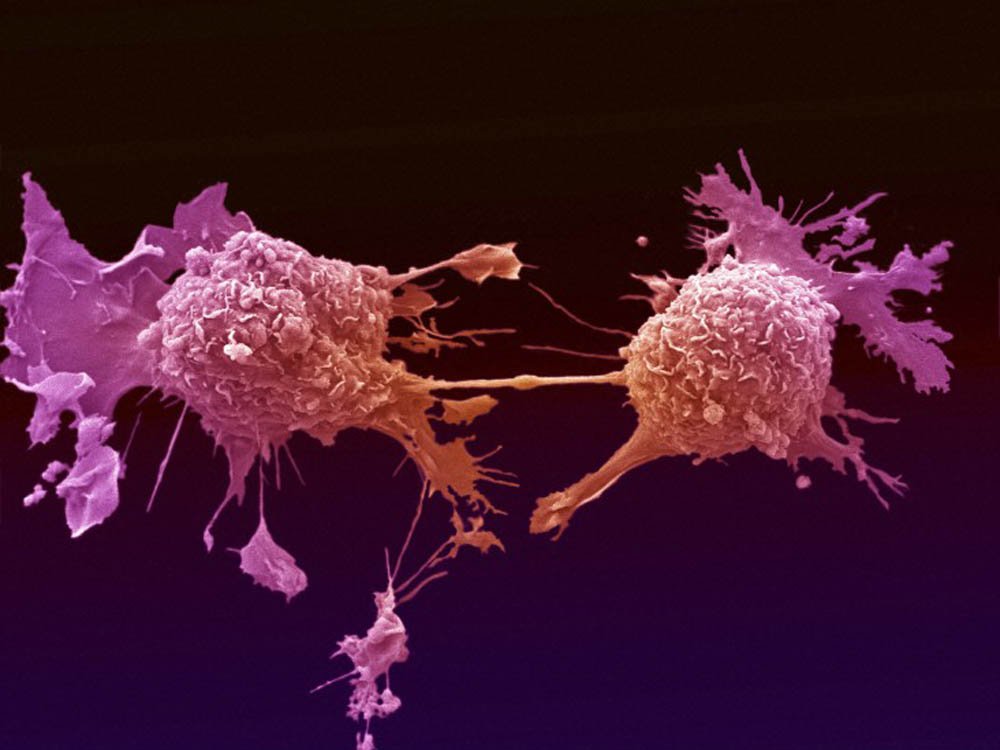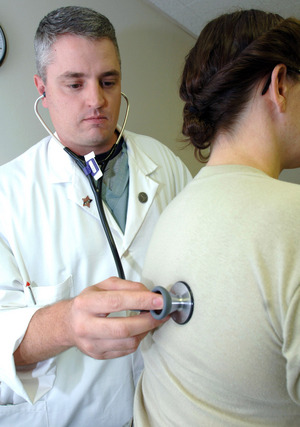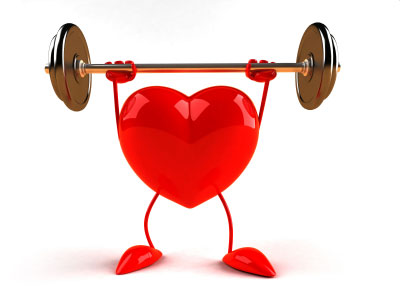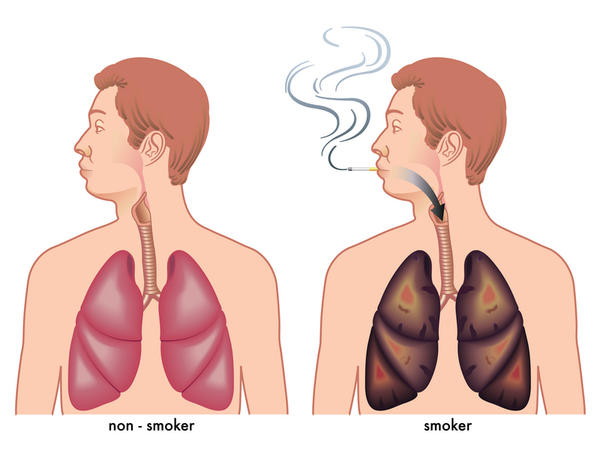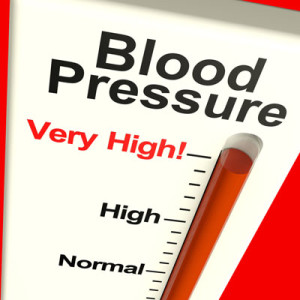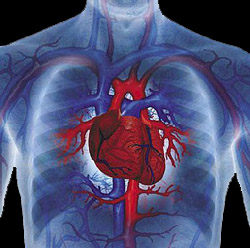 Liver failure occurs when large parts of the liver become damaged beyond repair and the liver is no longer able to function.
Liver failure occurs when large parts of the liver become damaged beyond repair and the liver is no longer able to function.
Liver failure is a life-threatening condition that demands urgent medical care. Most often, liver failure occurs gradually and over many years. However, a more rare condition known as acute liver failure occurs rapidly (in as little as 48 hours) and can be difficult to detect initially.
What Causes Liver Failure?
The most common causes of chronic liver failure (where the liver fails over months to years) include:
- Hepatitis B
- Hepatitis C
- Long term alcohol consumption
- Cirrhosis
- Hemochromatosis (an inherited disorder that causes the body to absorb and store too much iron)
- Malnutrition
The causes of acute liver failure, when the liver fails rapidly, however, are often different. These include:
- Acetaminophen (Tylenol) overdose.
- Viruses including hepatitis A, B, and C (especially in children).
- Reactions to certain prescription and herbal medications.
- Ingestion of poisonous wild mushrooms.
via Liver Failure Causes, Symptoms, Treatments, Tests & More.

